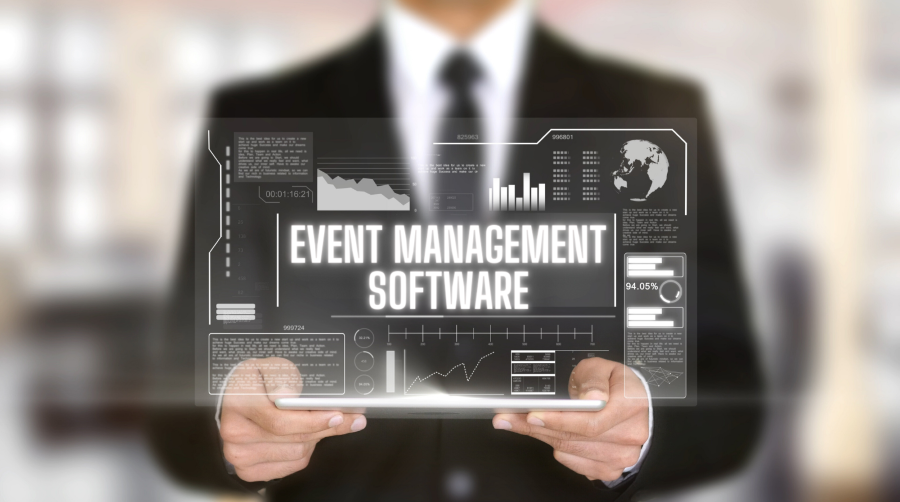Any event owner or planner knows event management involves meticulous organisation and execution. While we often focus on the success and celebration of events, it's equally important to be prepared for unexpected crisis situations.
This article aims to shed light on contingency planning in event management and how event software can be a powerful tool in ensuring your event can overcome any situation.
What is Contingency Planning?
Contingency planning involves assessing various scenarios that could go wrong and creating a detailed plan of action for each one to mitigate the risk of failure. The ultimate goal of contingency planning is to ensure that your event can continue, even when faced with unexpected challenges.
The Role of Software in Contingency Planning
Event software has become an indispensable tool for event owners and planners. Here's how event software can support your contingency planning.
Cancelling an Event
Sometimes, unforeseen circumstances like extreme weather or planning logistics may arise that necessitate the cancelling of an event. Event software equipped with push notification features can notify attendees swiftly at the touch of a button.
Managing Capacity
Overcapacity can lead to safety hazards and negatively impact the attendee experience. Event software can help you establish rules for maximum capacity through a web portal and mobile app.
Internet Connectivity Issues
A stable internet connection is vital today. However, outages can sometimes occur. Event software with offline functionalities in its mobile app ensures that attendees can still access event information when the internet is down, allowing a seamless experience.
Real-time Updates
Crisis situations often require real-time decision-making and communication. Event software enables you to update event details, schedules, or speaker line-ups in real time.
CRM Systems
Customer Relationship Management (CRM) systems integrated into event software enable you to send out emails to all stakeholders, providing them with timely updates and instructions during a crisis.
Best Practices for Effective Contingency Planning with Software
While event software can significantly enhance your contingency planning efforts, it's essential to follow best practices to ensure its effectiveness:
- Establish a Crisis Management Team with Clear Roles and Responsibilities: Ensure they are well-versed in using event software for efficient communication and decision-making during crises.
- Regularly Update and Test Contingency Plans: Contingency plans should not be static documents. They need to be regularly reviewed, updated, and tested. Use event software to aid in this.
- Maintain Data Security and Privacy: Protecting sensitive attendee data is paramount. Choose event software that prioritises data security and privacy, ensuring that confidential information remains safe, even in the face of a crisis.
- Continuous Improvement and Adaptability: Be open to learning from past crises. Use post-event evaluations and feedback to refine your contingency plans and incorporate lessons learned.
Final Thoughts
With the right event software in your arsenal, you can be well-prepared to handle crises effectively. Good event software plays a vital role in ensuring the safety and satisfaction of your attendees, speakers, sponsors, and staff.
Remember that contingency planning is an ongoing process that requires continuous improvement and adaptability. By establishing a crisis management team, regularly testing your plans, prioritising data security, and embracing the capabilities of event software, you can navigate crises with confidence and ensure the success of your event.
For more helpful tips for event planning, attending events and event technology, visit ExpoBeacon Insights and news.






